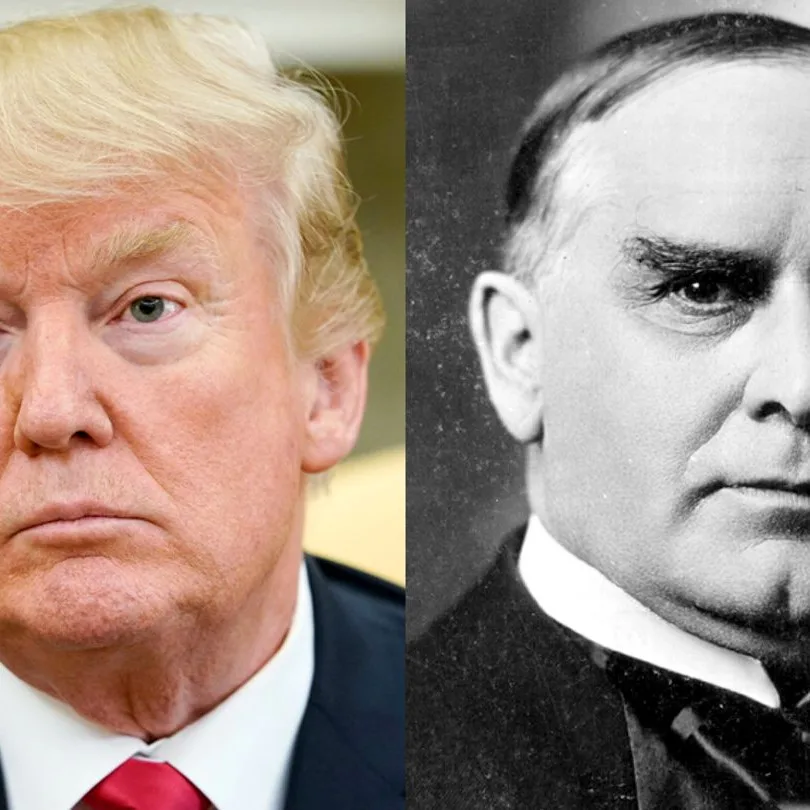President William McKinley, who served as the 25th president of the United States from 1897 until his assassination in 1901, is often examined in contemporary discourse regarding modern political figures. A recent analysis draws parallels between McKinley and Donald Trump, highlighting significant similarities in their political strategies and governance styles.
McKinley was known for his strong protectionist policies, particularly in the context of the economic landscape of the late 19th century. His implementation of the Dingley Tariff in 1897 raised tariffs to protect domestic industries, a strategy that resonated with the populist sentiments of the time. In a similar vein, Donald Trump’s administration adopted protectionist measures, such as withdrawing from the Trans-Pacific Partnership (TPP) and imposing tariffs on China, asserting America’s industrial interests amidst a backdrop of global economic competition.
“Trump, like McKinley, harnessed the power of his party’s establishment while cultivating a grassroots base that felt unheard by the elite,” notes a political analyst. This characterization supports the notion that both leaders effectively utilized populist rhetoric to mobilize support.
Additionally, both presidents navigated their terms during periods of significant social and economic transformation. McKinley’s presidency coincided with the onset of American imperialism, as exemplified by the Spanish-American War, which expanded U.S. influence beyond its borders. Conversely, Trump’s presidency was marked by a push for ‘America First’, reflecting a desire to prioritize domestic issues over international commitments.
Scholars argue that understanding these parallels provides insight into how historical precedents shape contemporary political challenges. The discussion continues as political analysts draw on lessons from McKinley’s presidency to decode Trump’s policy decisions, particularly in the context of economic nationalism and foreign policy.
These reflections emphasize that while the political landscape has evolved, core themes of protectionism, national identity, and populism persist, influencing the trajectory of American politics and its implications for future leadership.
A Comparative Analysis of President William McKinley and Donald Trump: Historical Parallels and Contemporary Reflections













